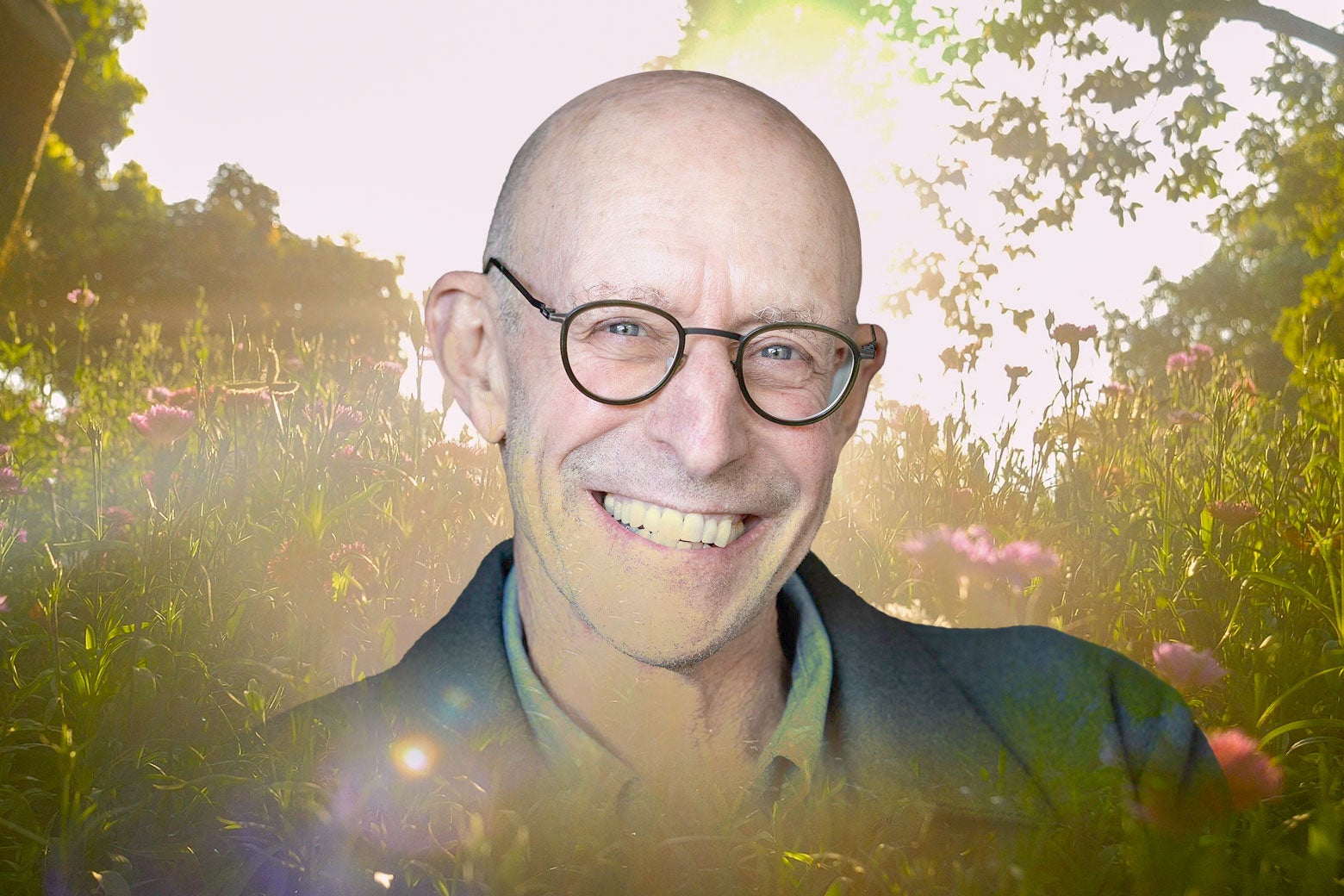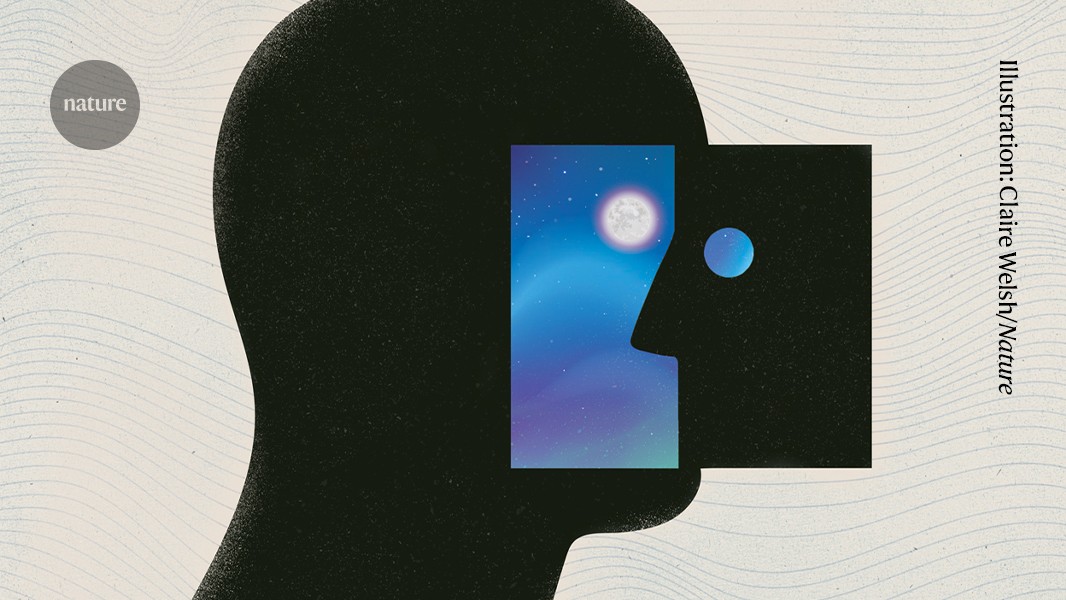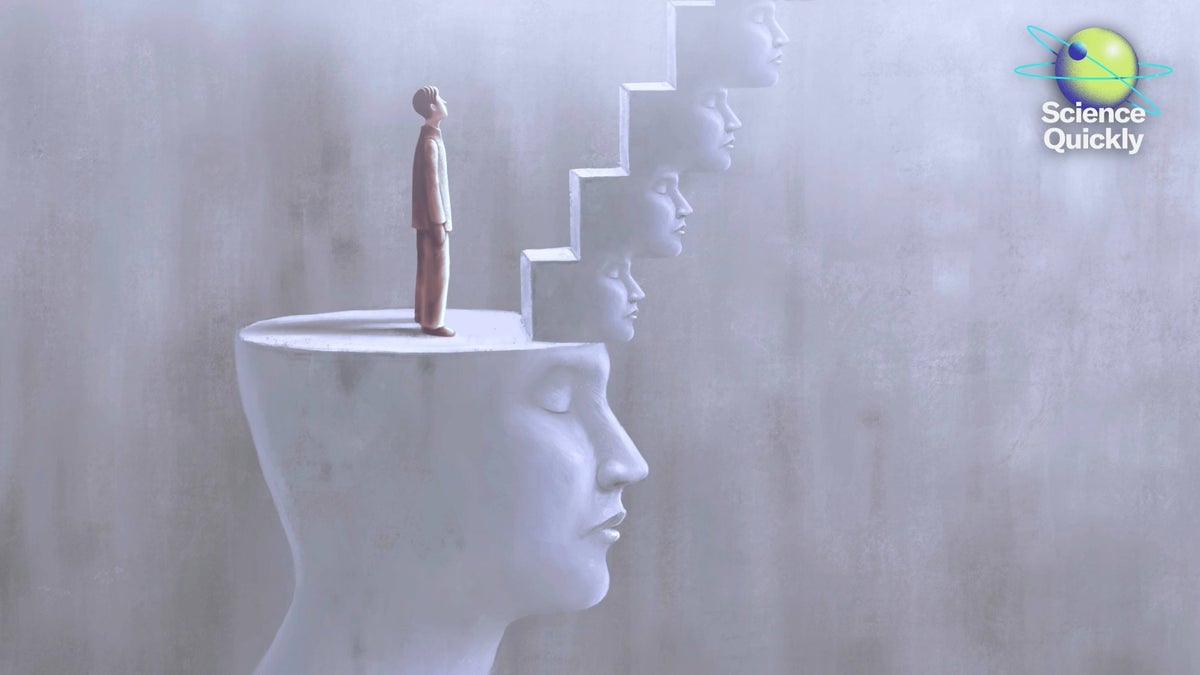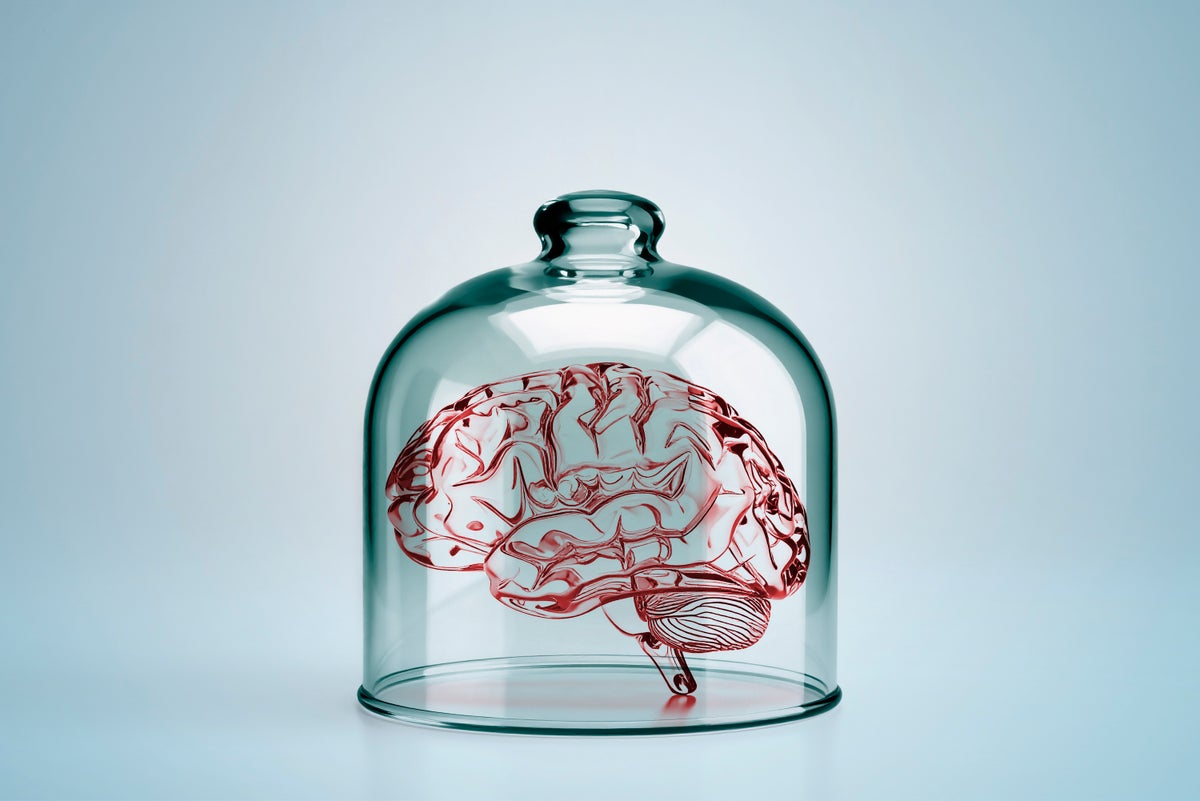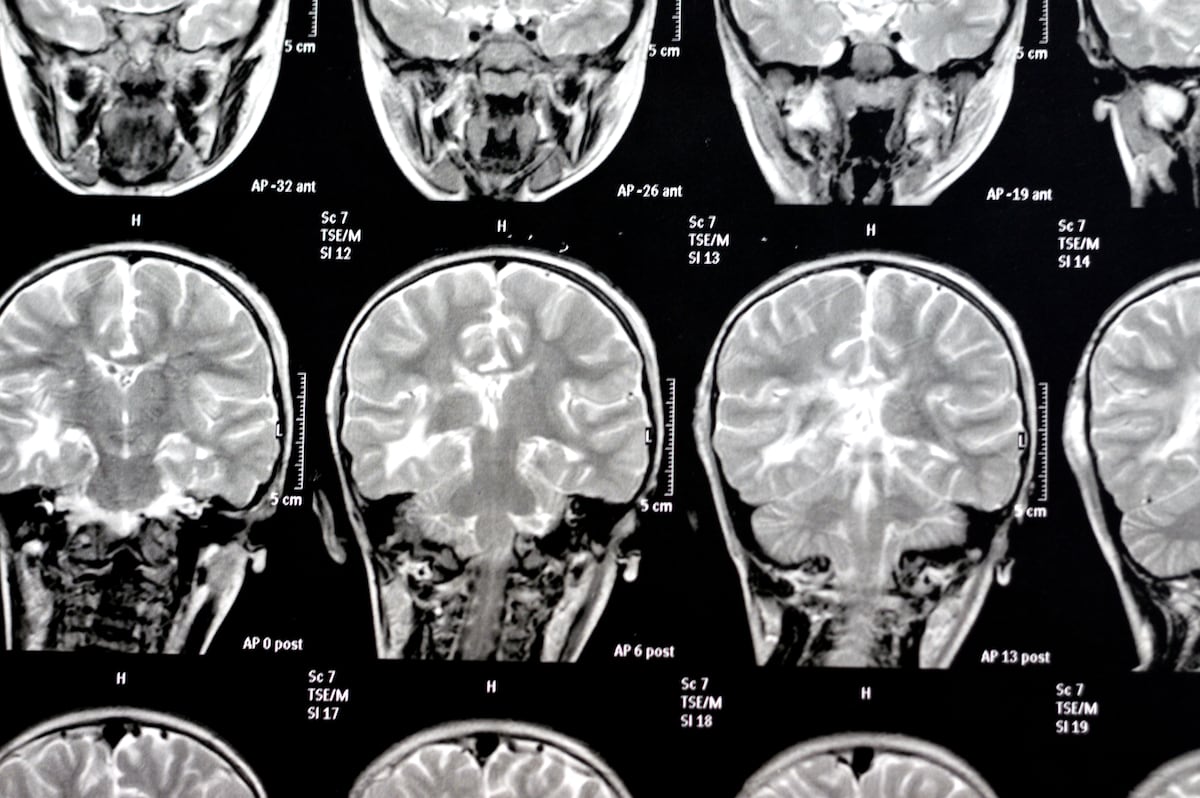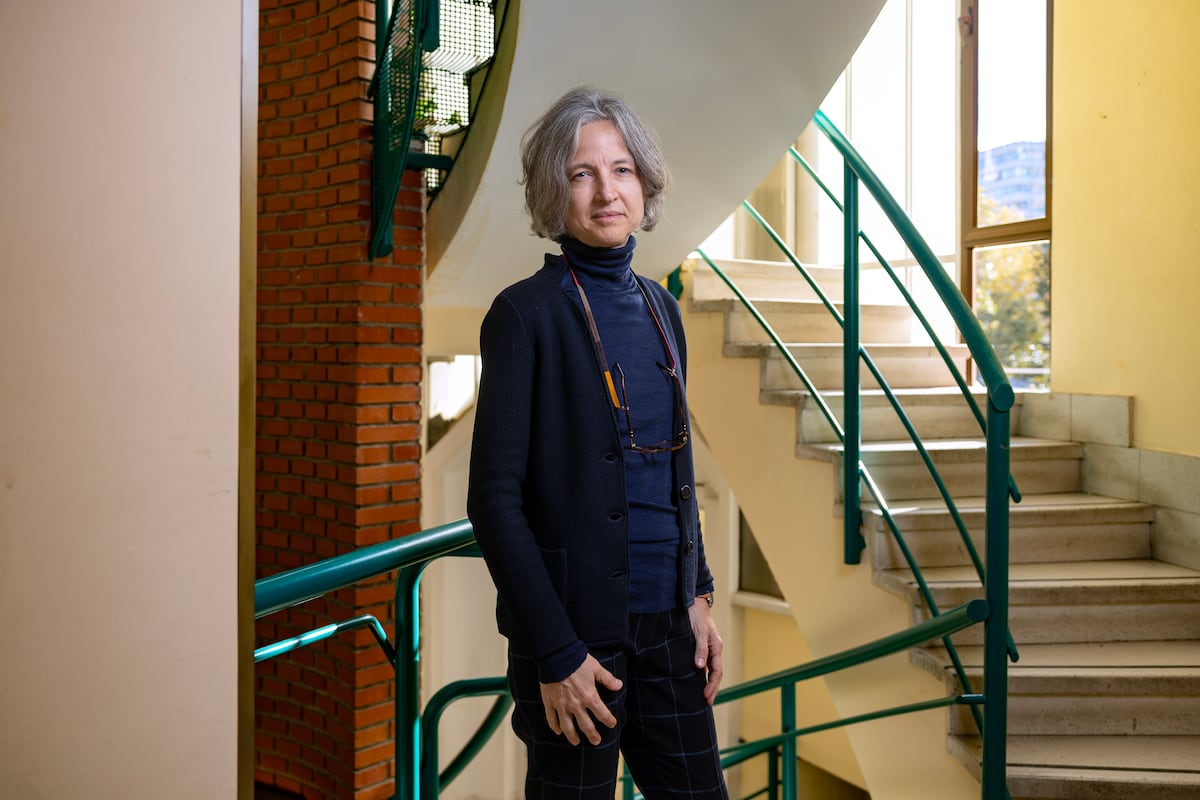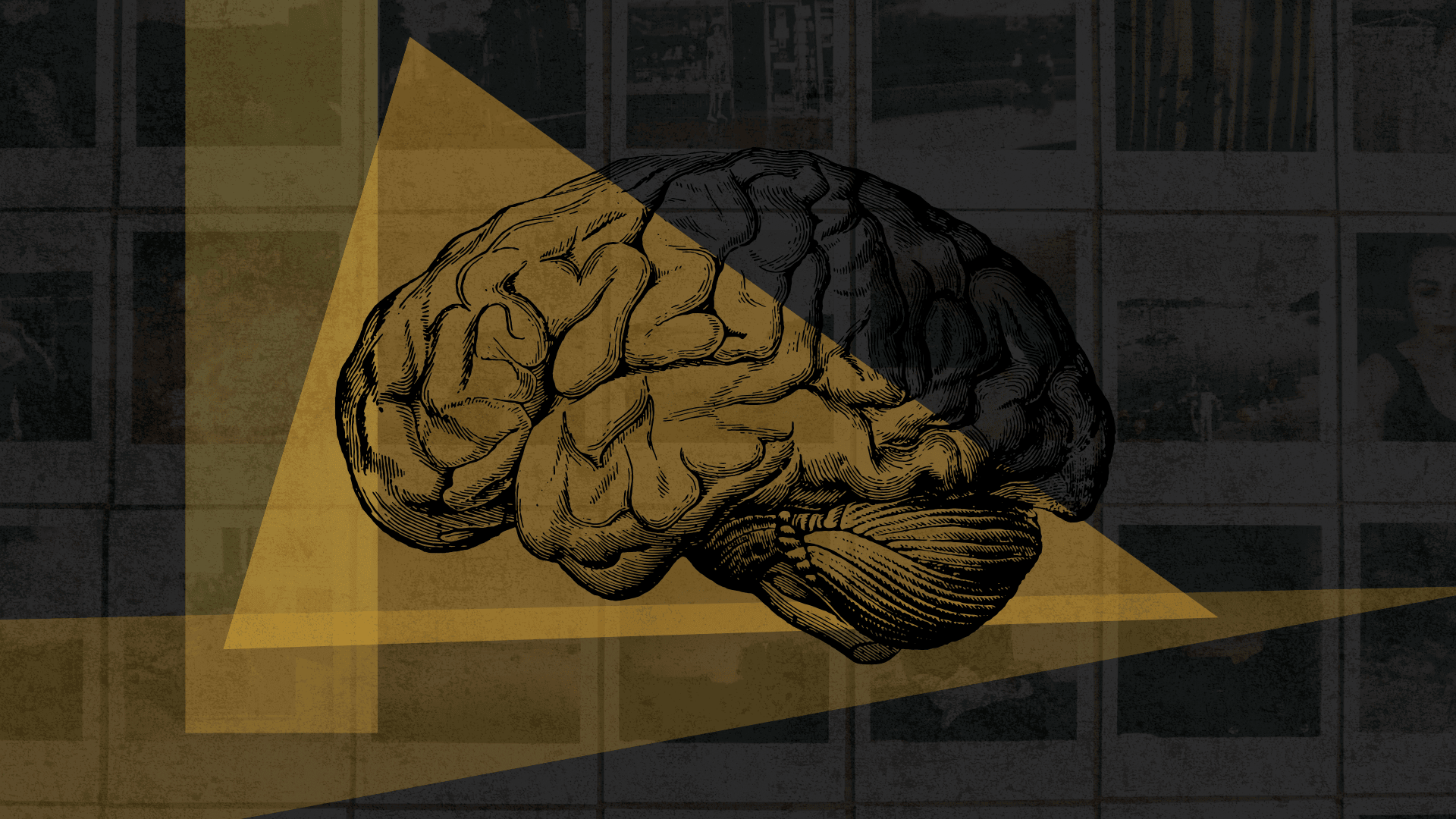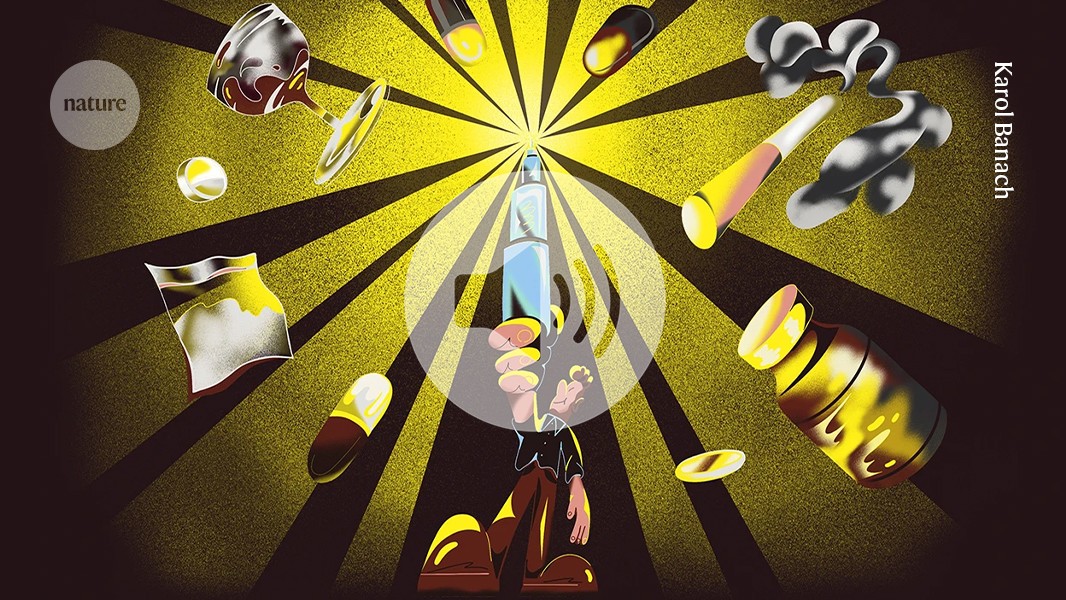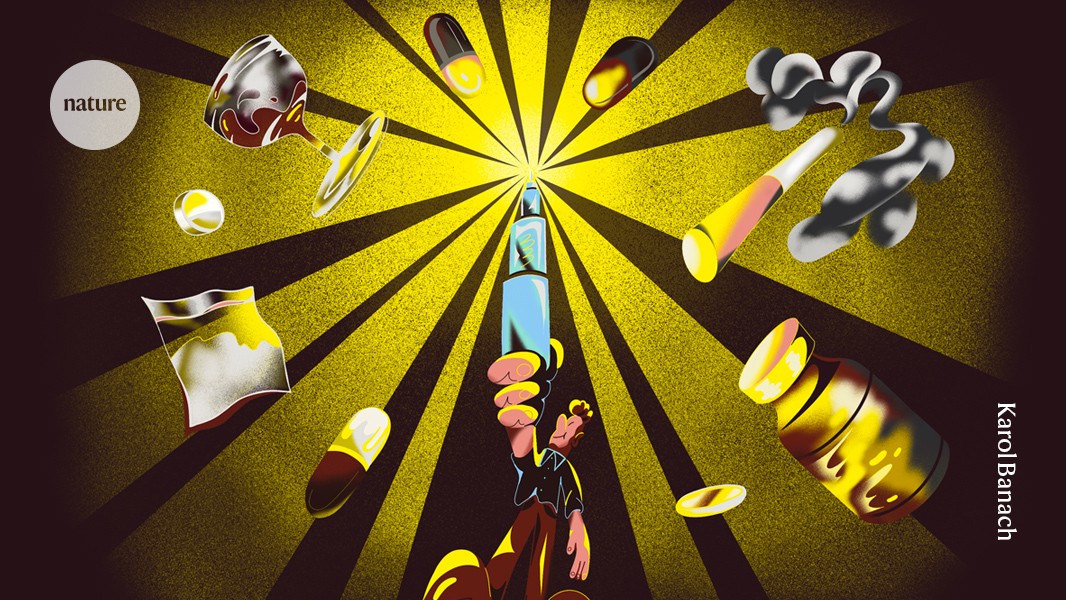fromSilicon Canals
5 hours agoPsychology says people who still handwrite thank-you notes instead of texting don't just have good manners - they process gratitude at a neurological depth that changes how they experience relationships - Silicon Canals
When we handwrite, especially something as emotionally loaded as a thank-you note, our brains engage in what neuroscientists call "embodied cognition"-the physical act of writing actually shapes how we think and feel about what we're expressing. The people I wrote to started responding differently. Not just polite acknowledgments, but genuine, heartfelt replies that often led to deeper conversations.
Mindfulness
